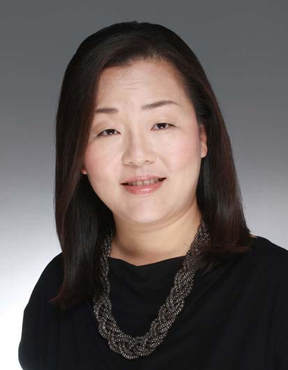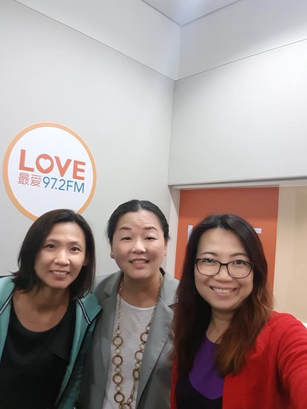|
Statistics show that about 4% to 10% of our Singapore school-going population is estimated to be dyslexic. Yet, awareness about this specific learning difficulty is still alarmingly low. Educators and parents alike missed the early signs due to a lack of accurate understanding, until the children started primary school. If they are lucky, they get picked up when schools administer the 'school readiness test' during their Primary 1 onboarding. There are others who performed well enough to have slipped through the screening, until such time when the demands exceeded their abilities. By then, they would be struggling with learning, and self-esteem may be affected.
It can be overwhelming when parents first learnt that their child might have a specific learning difficulty. What is dyslexia, what should you do next, where do you get help, and how do you help your child? Christina's journey with her daughter, Edena, started when she was 6. After she was diagnosed by an Educational Psychologist as dyslexic, her husband and her made the decision to defer her Primary 1 because they saw that her confidence level was very low and they wanted to do what they could to give her the necessary interventions before the demands of the mainstream curriculum overwhelmed her. Christina went about researching the condition and read up as much as she could, including the interventions available. For the next one year, Edena received interventions and by the time she returned to school the following year, she had a new found confidence and was ready to learn. Fast forward to today, Edena had gone from a timid child with low self-esteem to someone with tenacity, perseverance and empowered to lead. She was one of the finalists for the National Young Leader Award 2020. Edena also passed her O levels with flying colours and after completing her A levels, she is now pursuing an Engineering Degree at the National University of Singapore. The journey from suspecting that Edena might have some learning difficulties, to seeking out professionals for advice, to researching and selecting the intervention programme for her, had been a daunting but enriching experience. Instead of keeping the knowledge to herself, Christina decided to set up a Dyslexia Group on Facebook with the aim of helping parents navigate their journey. Today, she is also one of CaringSG’s pioneer CAREconnect champions supporting special needs caregivers. Swords & Stationery, a Singapore-based specialist tuition/educational therapy programme for children and youths with Specific Learning Difficulties, also interviewed Christina to find out her motivation behind setting up the dyslexia group. To raise awareness about dyslexia, Christina also went on radio shows to share her personal experiences. Below were her interviews with 张美香 EEva on 88.3Jia FM and Violet 粉樱 on Love 97.2FM.
Christina was also interviewed by Mappa, an online platform in Thailand dedicated to lifelong learning. She was also invited by The Rainbow Room Foundation to share her knowledge on dyslexia with more than 80 online participants (comprising of educators, specialists and parents) across different provinces in Thailand. |
| |||||||
Dyslexia Intervention Services Singapore
Licensed and certified by Davis Dyslexia Association International




